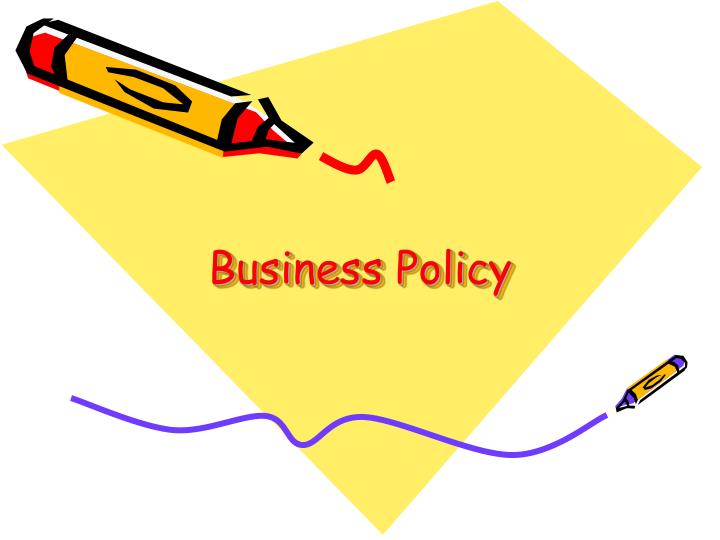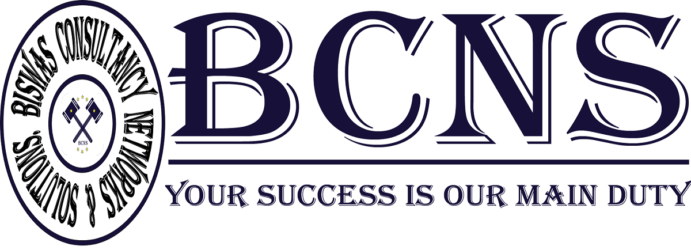
Business Policy
Business Policy defines the scope or spheres within which decisions can be taken by the subordinates in an organization. It permits the lower level management to deal with the problems and issues without consulting top level management every time for decisions.
Business policies are the guidelines developed by an organization to govern its actions. They define the limits within which decisions must be made. Business policy also deals with acquisition of resources with which organizational goals can be achieved. Business policy is the study of the roles and responsibilities of top level management, the significant issues affecting organizational success and the decisions affecting organization in long-run.
Features of Business Policy
An effective business policy must have following features-
- Specific- Policy should be specific/definite. If it is uncertain, then the implementation will become difficult.
- Clear- Policy must be unambiguous. It should avoid use of jargons and connotations. There should be no misunderstandings in following the policy.
- Reliable/Uniform- Policy must be uniform enough so that it can be efficiently followed by the subordinates.
- Appropriate- Policy should be appropriate to the present organizational goal.
- Simple- A policy should be simple and easily understood by all in the organization.
- Inclusive/Comprehensive- In order to have a wide scope, a policy must be comprehensive.
- Flexible- Policy should be flexible in operation/application. This does not imply that a policy should be altered always, but it should be wide in scope so as to ensure that the line managers use them in repetitive/routine scenarios.
- Stable- Policy should be stable else it will lead to indecisiveness and uncertainty in minds of those who look into it for guidance.

